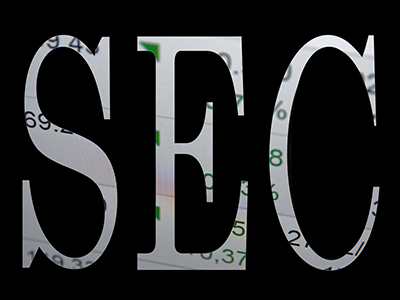In a comprehensive tour of the Private Securities Litigation Reform Act’s (“PSLRA”) safe-harbor provisions, on November 22, 2016, a federal court in Massachusetts dismissed a shareholder class-action lawsuit against Neovasc, Inc. In holding that Neovasc’s ultimately faulty predictions concerning the outcome of a trade secrets lawsuit fell within the PSLRA’s safe harbor, the court rejected the plaintiff’s attempts to import a scienter requirement into the safe-harbor inquiry, among other things, and dismissed the complaint without leave to amend.
This putative class-action came on the heels of a $70 million jury verdict against Neovasc in May 2016. In that case, a jury found that Neovasc misappropriated certain trade secrets from CardiAQ Valve Technologies after CardiAQ had severed its manufacturing relationship with Neovasc, and Neovasc had patented a competing product. Neovasc’s stock price fell approximately 75 percent when the jury verdict was announced. Shortly after the verdict and stock decline, shareholders filed the class action, alleging securities fraud under Section 10(b) of the Securities Exchange Act of 1934 and Rule 10b-5 thereunder. The plaintiff alleged, among other things, that prior to the verdict, Neovasc CEO Alexei Marko mischaracterized the lawsuit as “baseless,” and that Neovasc had misstated that the suit was “without merit” in the company’s SEC filings.










